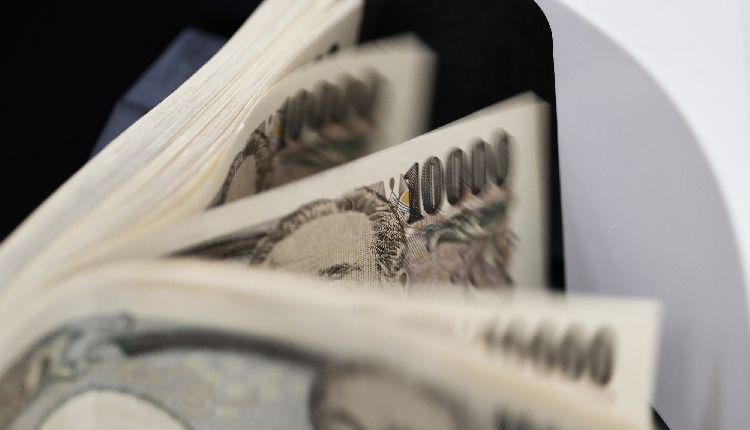Japanese authorities spent 5.53 trillion yen ($36.8 billion) intervening in the foreign exchange market this month in a move aimed to support the yen, which had hit 38-year lows, according to official data from on Wednesday.
The Ministry of Finance confirmed suspicions of traders and analysts. The sharp yen spikes on July 11 and 12 led to interventions estimated at 5.71 trillion yen. During these two days, the yen rose from 161.76 per dollar to 157.30.
However, the data released on Wednesday only covers the period from June 27th to July 29th, with a more detailed breakdown to be included in quarterly data scheduled for release in three months.
The finance ministry’s recent intervention in the currency market was unique compared to previous efforts.
Unlike the record 9.79 trillion-yen intervention in April and May, officials bought yen when the dollar was already falling due to weak US consumer inflation data.
Despite this, analysts attributed the yen’s continued strength this month to factors beyond Tokyo’s dollar selling.
The dollar declined further after Donald Trump expressed his desire for a weaker currency.
This was followed by prominent Japanese politicians, including the prime minister, calling for immediate interest rate hikes by the Bank of Japan to address yen depreciation.
The BOJ’s decision to raise rates earlier in the day, coupled with Governor Kazuo Ueda’s hawkish remarks during a news conference, pushed the dollar close to 150 yen, reaching 150.37 yen by 10:39 GMT.
“I’m not saying intervention didn’t have an impact. It did. But if Trump and the others hadn’t come out and said what they did, we’d probably have gone back to around 160,” said Shoki Omori, chief Japan desk strategist at Mizuho Securities.
Omori anticipates the yen to weaken in August despite the potential for BOJ policy normalisation.
He believes that a modest 25 basis point rate hike may not reduce the appeal of carry trades, where investors borrow yen at Japan’s low interest rates and invest in higher yielding assets abroad, such as in the United States.
Despite the substantial intervention and the possibility of further action, Japan’s foreign exchange reserves remain ample at $1.23 trillion.
The weak yen remains a sensitive issue for the Japanese government, particularly ahead of the ruling party leadership elections in September.
Attribution: Reuters


